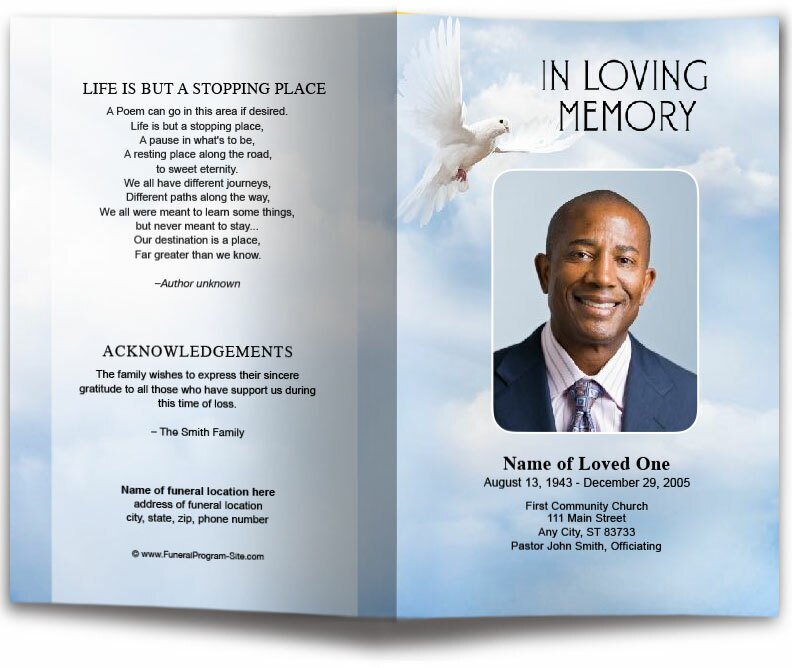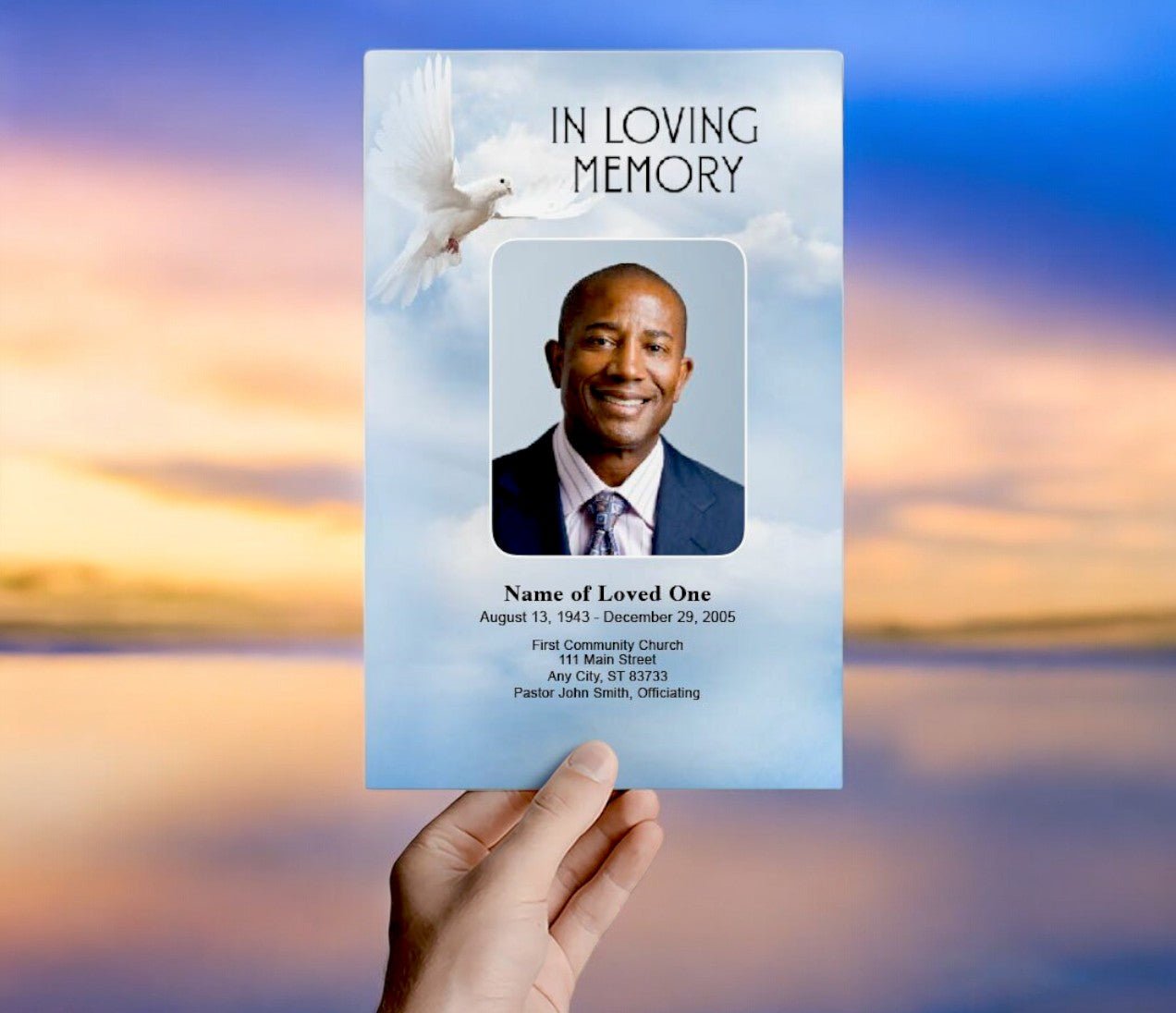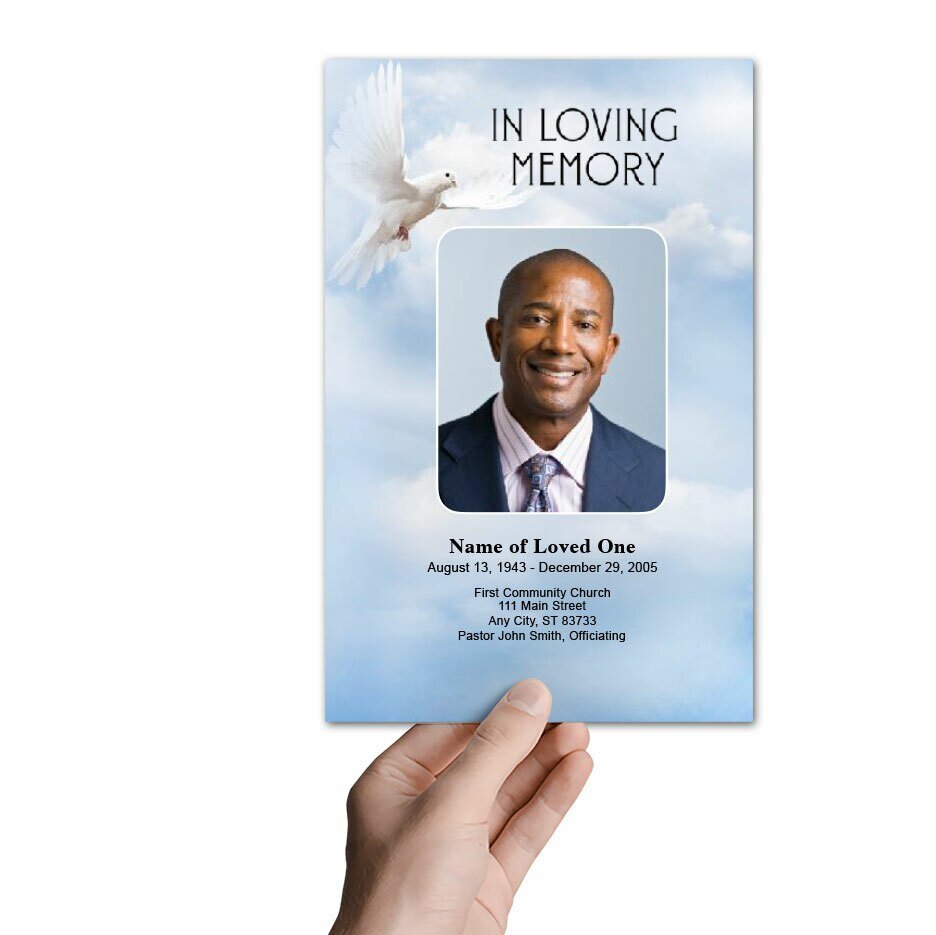What Is the Difference Between a Memorial Service and a Funeral Service?

When planning a tribute for a loved one who has passed away, families often choose between a memorial service or a funeral service. While both ceremonies provide an opportunity to honor and remember the deceased, there are distinct differences between the two in terms of timing, formality, and the presence of the body. Understanding the key differences between a memorial service and a funeral service can help families make the most appropriate decision for their needs and preferences.
What Is a Funeral Service?
A funeral service is a formal ceremony held shortly after a person’s death. The body of the deceased is typically present, either in an open or closed casket, and the service is often followed by burial or cremation. A funeral service generally takes place within a few days of the passing, allowing for a final farewell before the burial or cremation takes place.
Key Characteristics of a Funeral Service
- Presence of the Body: The body of the deceased is present in a casket, giving mourners the opportunity for a final viewing or farewell.
- Timing: Funeral services are usually held within days of the death, often before burial or cremation.
- Formal Atmosphere: Funerals tend to follow a more structured and formal format, often incorporating religious rituals, prayers, and eulogies.
- Funeral Procession: After the funeral service, there is often a procession to the burial site or crematorium, where a final committal service takes place.
Funeral services typically provide a sense of closure for mourners, as they are able to say their goodbyes with the body of the deceased present. These services are often religious in nature but can also be non-religious or secular depending on the preferences of the family.
What Is a Memorial Service?
A memorial service, on the other hand, is a ceremony held after the body has already been buried or cremated. This type of service focuses on honoring and celebrating the life of the deceased rather than providing an immediate farewell. Memorial services are often more flexible in terms of timing, allowing families to plan the event at a convenient time after the death has occurred.
Key Characteristics of a Memorial Service
- Absence of the Body: The body is not present during a memorial service, though a framed photo or an urn with the deceased’s ashes may be displayed.
- Timing: Memorial services can be held at any time after the death, often weeks or even months later.
- Personal and Flexible Atmosphere: Memorial services tend to be less formal and more flexible in structure, with an emphasis on sharing memories, personal stories, and celebrating the life of the deceased.
- Variety of Venues: Since there is no need to transport the body, memorial services can take place in a wide range of locations, including homes, parks, beaches, or community centers.
Memorial services allow for more creativity and personalization, as they are not bound by the more formal traditions often associated with funerals. Families may choose to include music, photo slideshows, or video tributes, and guests are often encouraged to share their favorite memories of the deceased.
Key Differences Between a Memorial Service and a Funeral Service
1. Presence of the Body
The most significant difference between a memorial service and a funeral is the presence of the body. In a funeral, the body of the deceased is typically present in a casket, either open or closed, and the service is held before burial or cremation. In a memorial service, the body is not present, as the service takes place after the burial or cremation has occurred. Instead, families may choose to display a photo or an urn containing the ashes of the deceased.
2. Timing
Funeral services are held shortly after the person’s death, usually within a few days, as they are often followed by the burial or cremation. Memorial services, however, offer more flexibility. Families can choose to hold a memorial service weeks or months after the death, allowing more time for planning and accommodating out-of-town relatives and friends.
3. Atmosphere and Tone
Funerals tend to be more formal, often incorporating religious elements, prayers, and traditional rituals. Memorial services, on the other hand, are often less formal and more focused on celebrating the life of the deceased. They may include a combination of speeches, music, and personal tributes, creating a more personal and intimate atmosphere.
4. Venue Options
Funerals are commonly held in religious venues, funeral homes, or chapels, as they are often followed by burial or cremation. Memorial services can take place in a much wider variety of venues, including parks, beaches, gardens, community centers, or even at the family home. The absence of the body allows families to choose a location that best reflects the personality and preferences of the deceased.
Which Service Should You Choose?
Deciding between a funeral and a memorial service often depends on the wishes of the deceased and the preferences of the family. Some people prefer the formality and tradition of a funeral, while others may want a more personal and flexible memorial service. It’s important to consider factors such as timing, location, and the type of atmosphere you wish to create when making this decision.
Consider the Following Questions:
- Would the deceased have wanted a traditional or religious ceremony?
- Is it important for family and friends to say their goodbyes with the body present?
- Would a delayed memorial service allow more time for planning or for distant relatives to attend?
- Are you looking for a more formal or a more personal, celebratory tone?
Ultimately, both funerals and memorial services provide a way to honor and remember the deceased, bringing comfort to those left behind. The choice between the two depends on personal preferences, cultural or religious traditions, and the type of ceremony that best reflects the life and legacy of the person being remembered.
What Is the Difference Between a Memorial Service and a Funeral Service Conclusion
While memorial services and funeral services share the common goal of honoring a loved one, they differ in terms of timing, the presence of the body, formality, and venue options. A funeral typically includes the presence of the body and is held shortly after death, while a memorial service is more flexible and focuses on celebrating the life of the deceased after burial or cremation. Whether you choose a funeral or a memorial service, both ceremonies offer meaningful ways to say goodbye and reflect on the impact the deceased had on those around them.
For more information on this topic, visit The Funeral Program Site.
© The Funeral Program Site ~ Funeral Programs, Funeral Program Templates and Cancer Ribbons





























